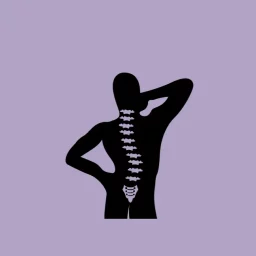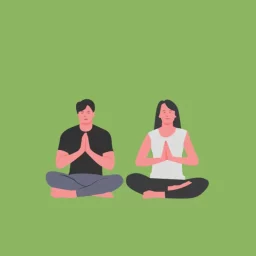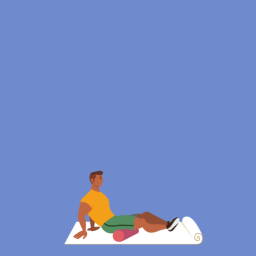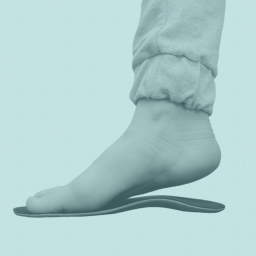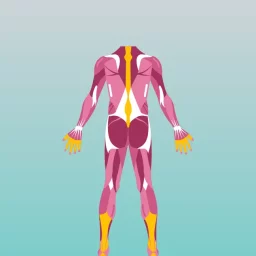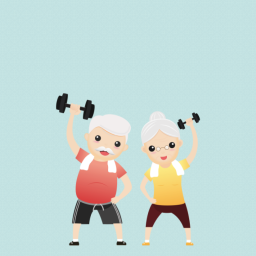Stand-up paddleboarding (SUP) has gained popularity as a recreational activity while also offering numerous physical benefits. This water-based activity combines balance, strength, and cardiovascular exercise, making it an effective and enjoyable form of therapy for various conditions and injuries.
Here are 10 benefits of SUP :
1. Balance and Core Strength:
SUP requires maintaining balance on an unstable surface, which engages the core muscles, including the abdominals, back muscles, and hips. Regular paddleboarding sessions help strengthen these muscles, improving stability and balance, which is crucial for injury prevention and rehabilitation.
2. Full-Body Workout:
Paddleboarding involves using the upper body, especially the arms, shoulders, and back, to paddle through the water. The paddling motion provides an excellent workout for the upper body, increasing strength, endurance, and muscular coordination. Additionally, the legs work to maintain balance, providing a stabilization workout for the lower body muscles.
3. Low-Impact Exercise:
Unlike many land-based activities, stand-up paddleboarding is a low-impact exercise that minimizes stress on the joints. This makes it an ideal therapy option for individuals with joint pain, arthritis, or musculoskeletal conditions. SUP allows for a gentle, fluid movement that can be adapted to accommodate various fitness levels and physical abilities.
4. Cardiovascular Health:
SUP can be an excellent cardiovascular workout. Engaging in this activity increases heart rate, boosts circulation, and improves lung capacity. Regular cardiovascular exercise has numerous health benefits, including weight management, reduced risk of heart disease, and improved overall fitness.
5. Rehabilitation for Injuries:
SUP can be used as a rehabilitation tool for various injuries, such as ankle sprains, knee injuries, and back pain. The gentle, low-impact nature of paddleboarding allows individuals to exercise and build strength without aggravating their injuries. It promotes muscle reconditioning, joint stability, and range of motion.
6. Stress Relief and Mental Health:
Being in nature, surrounded by water, and engaging in physical activity can have a positive impact on mental health and well-being. SUP offers a serene and peaceful experience, allowing individuals to escape from the stresses of daily life. It promotes relaxation, and mindfulness, and can be a form of therapy for anxiety and stress-related disorders.
7. Improved Posture:
SUP requires maintaining an upright posture while paddling, which helps develop good posture habits. Regular paddleboarding strengthens the back muscles, improving spinal alignment and reducing the risk of postural issues. It can be particularly beneficial for individuals with desk jobs or sedentary lifestyles.
8. Coordination and Motor Skills:
Balancing on a paddleboard while propelling oneself through the water requires coordination and fine motor skills. Regular practice can improve these abilities, enhancing overall motor control and functional movement patterns.
9. Social Interaction:
SUP can be enjoyed individually or in a group setting. Participating in group paddleboarding sessions can provide social interaction, a sense of community, and support for individuals undergoing physical therapy. Social engagement is an important aspect of overall well-being and can contribute to a positive therapeutic experience.
10. Enjoyment and Motivation:
One of the essential aspects of successful physical therapy is finding activities that individuals enjoy and find motivating. Stand-up paddleboarding offers a unique and enjoyable experience, making therapy sessions more engaging and encouraging individuals to adhere to their treatment plans.
Stand-up paddleboarding offers numerous physical therapy benefits. From balance and core strength to cardiovascular health and rehabilitation for injuries, SUP provides a versatile and enjoyable form of therapy. Whether used as a standalone treatment or as a complementary activity, SUP can enhance physical well-being, promote mental health, and contribute to an overall improved quality of life. If you feel there is any physical limitation standing in your way of getting on the board this summer come see us at CURAVITA! You can book your appointment online, call our Byward Clinic at 613-860-8600, or call our Glebe Clinic at 613-237-9000.



